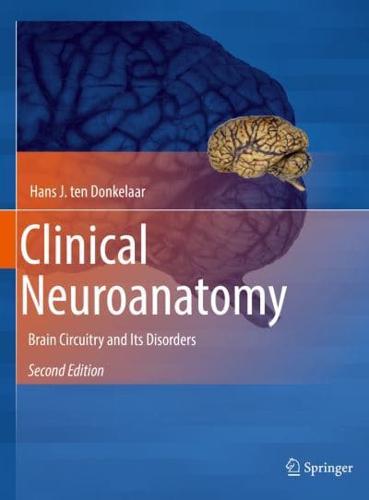Publisher's Synopsis
Connections define the functions of neurons: information flows along connections, as well as growth factors and viruses, and even neuronal death can progress through connections. Accordingly, knowing how the various parts of the brain are interconnected to form functional systems is a prerequisite for properly understanding data from all fields in the neurosciences.
Clinical Neuroanatomy: Brain Circuitry and Its Disorders bridges the gap between neuroanatomy and clinical neurology. It focuses on human and primate data in the context of brain circuitry disorders, which are so common in neurological practice. In addition, numerous clinical cases are presented to demonstrate how normal brain circuitry can be interrupted, and what the effects are. Following an introduction to the organization and vascularization of the human brain and the techniques used to study brain circuitry, the main neurofunctional systems are discussed, including the somatosensory, auditory, visual, motor, autonomic and limbic systems, the cerebral cortex and complex cerebral functions. In this 2nd edition, apart from a general updating, many new illustrations have been added and more emphasis is placed on modern techniques such as diffusion magnetic resonance imaging (dMRI) and network analysis. Moreover, a developmental ontology based on the prosomeric model is applied, resulting in a more modern subdivision of the brain.
The new edition of Clinical Neuroanatomy is primarily intended for neurologists, neuroradiologists and neuropathologists, as well as residents in these fields, but will also appeal to (neuro)anatomists and all those whose work involves human brain mapping.












